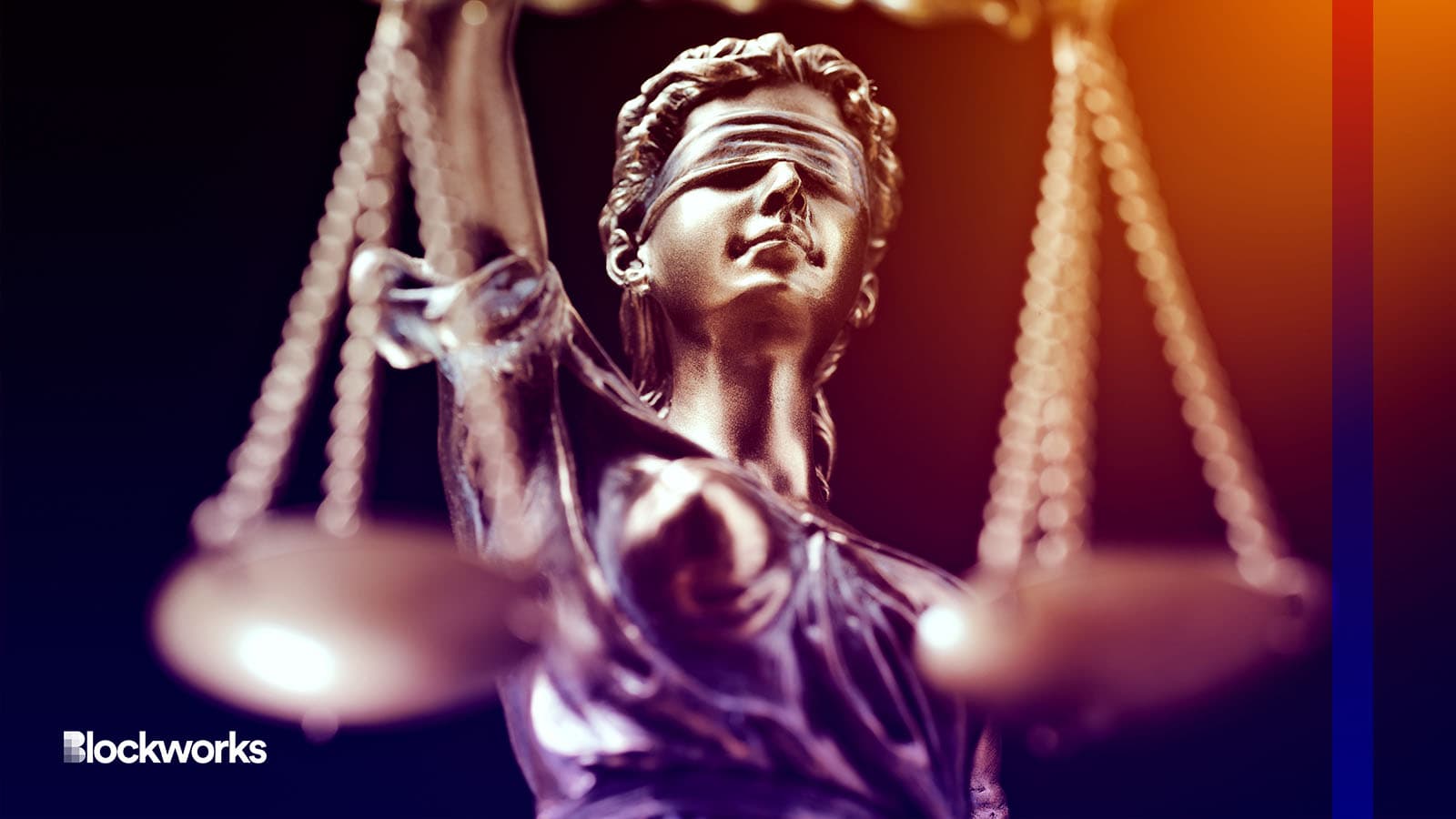Silk Road Hacker Sentenced After Police Seize 50,000 BTC
The Silk Road hacker tried to hide stolen bitcoin and cash from law enforcement in a Cheetos popcorn container

Alexander Supertramp/shutterstock modified by Blockworks
The Department of Justice announced sentencing in a Silk Road hacking case following a seizure of 51,000 bitcoin over the past two years.
In 2012, defendant James Zhong amassed the bitcoin through a scheme where he triggered “over 140 transactions in rapid succession to trick Silk Road’s withdrawal-processing system into releasing approximately 50,000 Bitcoin from its Bitcoin-based payment system into” his accounts. Using a combination of a mixer, a foreign cryptocurrency exchange and an “impressive array of technological tools to frustrate tracing efforts,” Zhong transferred the bitcoin (BTC) into multiple accounts in an attempt to evade detection.
Following the hack, Zhong seemingly managed to avoid police scrutiny for nine years. In November 2021, police in Gainesville, Georgia, executed a search warrant on Zhong’s property. They recovered over 50,0000 bitcoin in a “single board computer,” a Cheetos popcorn tin and an underground floor safe.
They were also able to find over $661,000 in cash, and 25 casascius coins — which are physical bitcoins that contain a private key to a bitcoin wallet.
Following Zhong’s arrest, he willingly handed over more bitcoin that had been amassed from the fraud scheme.
At the time of the seizure, Zhong’s bitcoin stash had a conservative value of $3.4 billion, but it’s now worth around $1.57 billion following the market volatility and crypto winter. However, the estimates are based on the lowest possible price.
Zhao was sentenced to a year and a day in prison for the 2012 wire fraud.
The sentencing announcement comes as both the SEC and the FBI look to boost their crypto teams to crack down on both individual and institutional crime.
In April, the SEC tweeted that it’s looking to hire three general attorneys in New York, San Francisco and Washington, D.C. to focus on crypto crime.
Back in February, the FBI and the Justice Department announced a new unit focused on crypto crimes called the National Cryptocurrency Enforcement Team (NCET). NCET will investigate cases where criminal activity in digital assets is suspected, with a focus on crypto exchanges and infrastructure companies.
Get the news in your inbox. Explore Blockworks newsletters:
- The Breakdown: Decoding crypto and the markets. Daily.
- 0xResearch: Alpha in your inbox. Think like an analyst.






